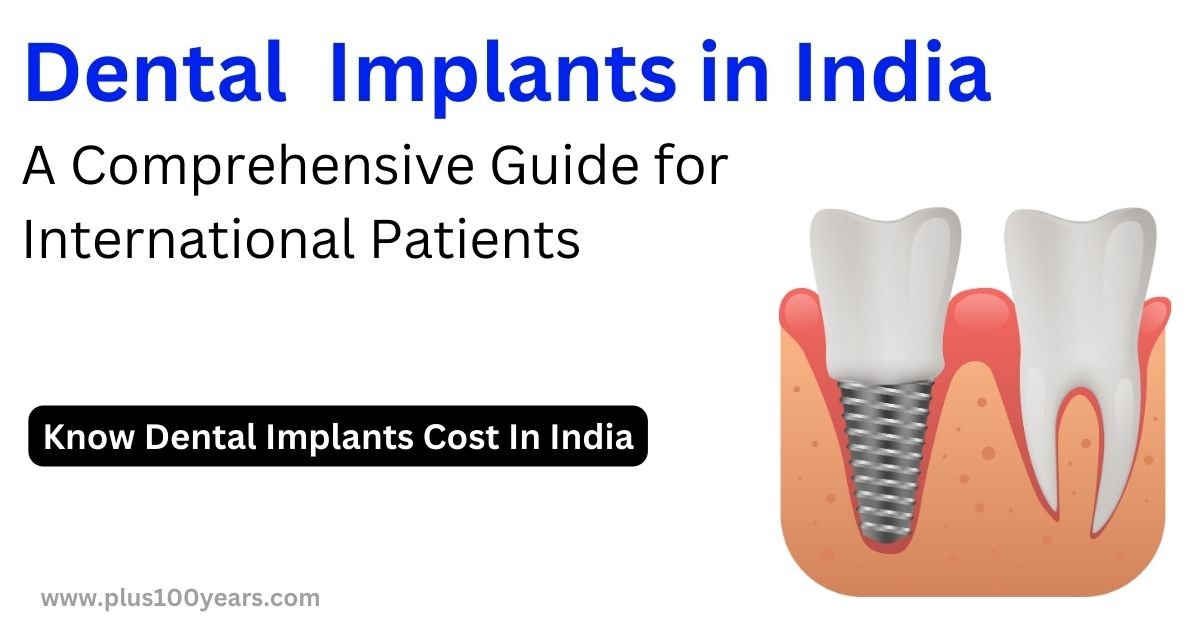You can blame your sinus on Singapore’s tropical climate, making it a persistent health issue. Sinusitis refers to a sinus infection or inflammation.
Four air-filled cavities in a human skull and face manage mucus production, voice resonance, structural protection, etc.
When these cavities become infected or blocked, your health issues manifest. Whether chronic or acute, you can suffer from nasal discharge, congested nose, fever, pain, trouble smelling, eye pain, coughing, headache, toothache, visual problems, etc.
Kids can also suffer from ear discomfort. If you visit an ENT with sinus specialization, he will analyze all the possible causes of the potential infection, including asthma, allergy, etc. Blood tests, CT scans, nasendoscopy, and other examinations will be recommendable.
Generally, most sinus conditions are manageable with medications. But what happens when those don’t work?
Sinus surgery
As you know, swollen sinuses can lead to discomfort and congestion. The reason behind nose block can be a fungal, viral, or bacterial infection.
Allergy, deviated septum, polyp-like growth on the sinus lining, and others can be responsible for your deteriorated sinus health.
ENT will recommend nasal rinses and medicines with other treatments. However, if these fail to relieve your symptoms, your ENT may suggest surgery, particularly if polyps or structural issues cause the problem.
Surgery will help fix any challenge in the nasal cavity that causes the symptoms and infections to recur. One of the most common surgery options is endoscopy.
You can check https://drkhliment.com.sg/ once.
Endoscopic surgery
The surgery can attack and treat the blockages in the sinus glands with an endoscope. It’s a tube-like instrument with a light and a camera.
It doesn’t involve any skin incision. The procedure happens in the nostrils. If you suffer from terrible nasal congestion, drainage, breathing problems, diminished sense of smell, and other signs due to nasal polyps, chronic infection, tumour, or something else, this surgery can be handy.
It reduces sinus infection frequency, seriousness, symptoms, and drainage problems. Your smell power will improve, and the airflow in the nasal passage. You can also use nasal rinses to clean the sinus cavities properly.
During surgery, the surgeon will insert an endoscope into your nostril to check on the sinus tissues. They will use other instruments to deal with the problems like scarred tissue, nasal polyps, and swollen mucous membrane.
The surgeon will straighten the crooked nasal septum if that’s the culprit. After the operation, you may stay in the recovery room for a few hours.
You can experience bleeding, fatigue, pain, and nasal discharge post-surgery. In the first week of the surgery, fatigue is common.
After a downtime, you can resume your routine. Congestion and discharge problems should resolve in up to three weeks from the day of surgery.
The surgeon can recommend sprays to stop bleeding. If it doesn’t help, you must call your surgeon.
Here are the top 20 ENT care tips at home:
- Identify and treat allergens: If you have allergies, identifying and treating them can help prevent ENT problems. This may involve avoiding allergens, taking allergy medication, or getting allergy shots.
- Keep all immunizations up-to-date: This includes vaccines for the flu, pneumonia, and meningitis. These vaccines can help protect you from infections that can affect your ENT system.
- DO NOT remove ear wax unless directed by a physician: Ear wax is a natural substance that helps protect your ears. Removing it can irritate your ears and make you more susceptible to infection.
- Never use Q-tips in the ears: Q-tips can push ear wax deeper into your ear canal, which can cause problems.
- Avoid exposure to cigarette smoke: Cigarette smoke can irritate your ENT system and increase your risk of infection.
- Implement frequent hand-washing: This is a simple way to prevent the spread of germs that can cause ENT infections.
- Get enough sleep: When you’re well-rested, your body’s immune system is better able to fight off infection.
- Stay hydrated: Drinking plenty of fluids helps keep your mucus membranes moist, which can help prevent infection.
- Eat a healthy diet: Eating a healthy diet gives your body the nutrients it needs to stay healthy.
- Manage stress: Stress can weaken your immune system and make you more susceptible to infection.
- Avoid swimming in dirty water: Dirty water can contain germs that can cause ENT infections.
- Use a humidifier or take a hot shower: This can help loosen mucus and relieve congestion.
- Gargle with salt water: This can help soothe a sore throat and kill germs.
- Use a saline nasal spray. This can help moisten your nasal passages and relieve congestion.
- Elevate your head when you sleep: This can help drain mucus from your sinuses and relieve pressure.
- See a doctor if your symptoms don’t improve: If you have ENT problems that don’t improve with home treatment, see a doctor.
- Get regular checkups with an ENT specialist: This is especially important if you have a chronic ENT condition.
- Quit smoking: Smoking can irritate your ENT system and increase your risk of infection.
- Lose weight if you’re overweight or obese: Excess weight can put pressure on your airways and make you more susceptible to ENT problems.
- Manage your allergies: If you have allergies, managing them can help prevent ENT problems.
The success of surgery depends on the precautions you take. For instance, a patient’s head should rest on an elevated surface during sleep.
You cannot blow your nose for a few weeks. If you feel like sneezing, you should open your mouth to remove some pressure from the nasal cavities. You can notice a difference in your sinus health with these little efforts.




